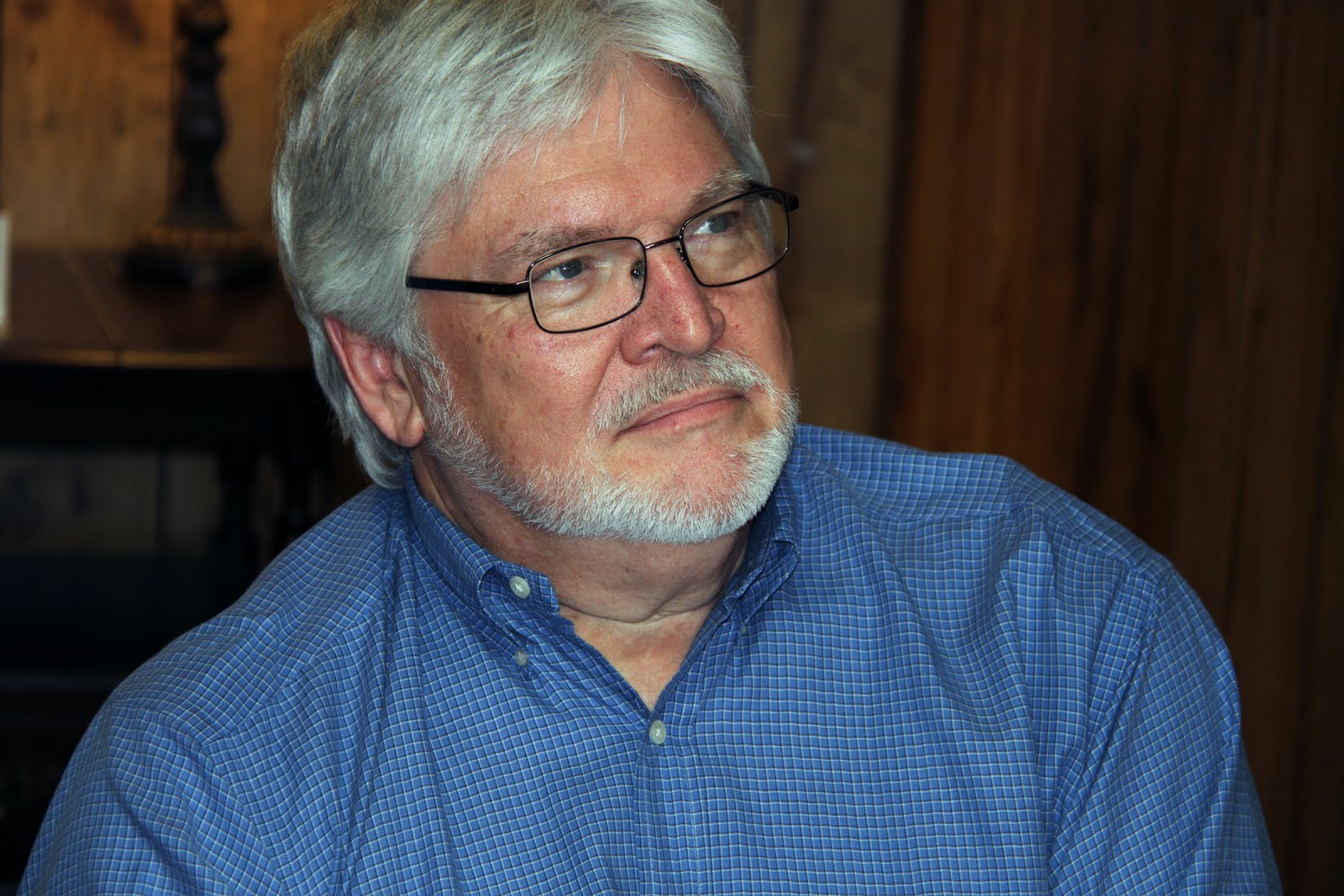skip to main |
skip to sidebar
So, is the Internet going to be the death of amateur radio?
by Don Keith

Lazy man's post today as I continue to work far more than a "retired" guy should. (Massaging two potential movie/TV scripts and writing a novel.) But a good ham radio blogger, Bob K0NR, has posed this fascinating--and probably unanswerable--question: is the Internet killing amateur radio?
Read it in its entirety HERE.
I tend to agree with Bob's final opinions. As with any other aspect of rapid technological change and its effect on ham radio, it all comes down to what you enjoy. I happen to take advantage of many of the new developments in our hobby and am convinced it is a healthy trend and will attract more folks to ham radio.
For example, I check in regularly with a net devoted to 1960s music and TV trivia. That net is centered with most of its members in Central Arizona and uses a 220-mhz repeater on Mt. Lemmon north of Tucson. I use EchoLink and my desktop computer to check in but the net control hears me via the repeater station, over the air. We have guys checking in from all over the country including one ham who travels extensively. He uses his smartphone from various hotel rooms, restaurants, city streets (he often walks for exercise while answering those trivia questions) and airport terminals.

I also use computer logging, Logbook of the World to go for various on-air operating awards, Internet uploads of radiosport logs, and more.
I have no issue with remote operation of an amateur radio station either. The station "location" is wherever the transmitter, receiver and antenna(s) are located. If the operator happens to be 10,000 miles away using VOIP or other modern gizmo to control the station then so be it.
Whenever old-line hams say all this computer and Internet stuff is not real amateur radio, I point out that other generations of ham operators said the same thing of every innovation that came after spark gap. I even remember vividly when there were actual fistfights and on-air screaming matches between those who believed single-sideband was the death of the hobby and those who saw this "modern technology" as just another aspect of technological change that could make ham radio more fun and communication more effective.
And guess who was right?
(This from a guy who still has a weekly chat on "ancient modulation" AM on 75 meters. That's because I just happen to like the way a good AM signal sounds. Oh, and the fact that it is just plain fun to fool with!)
73 de N4KC







No comments:
Post a Comment